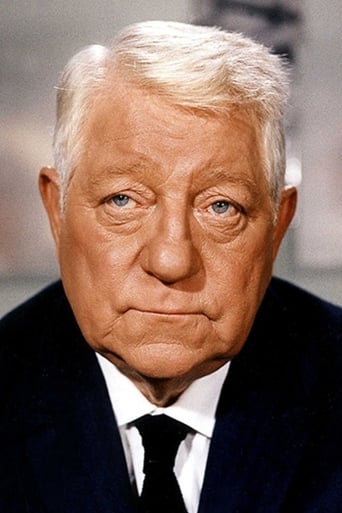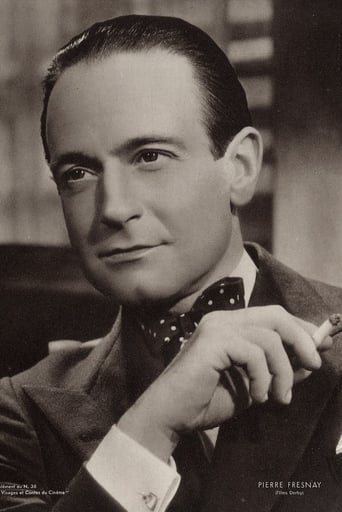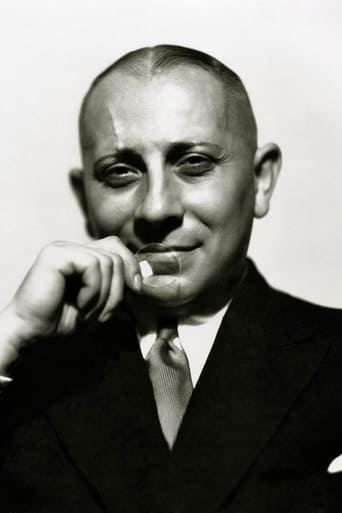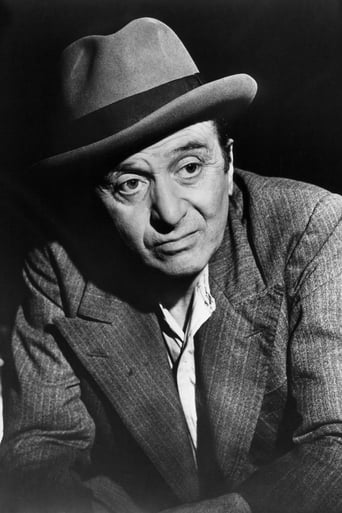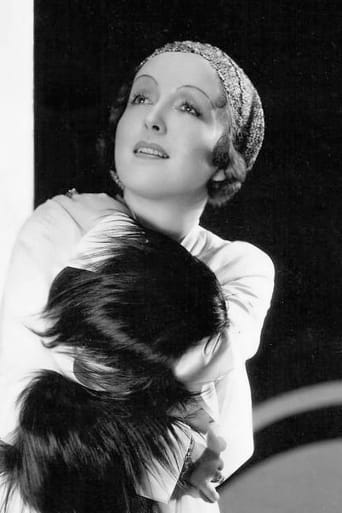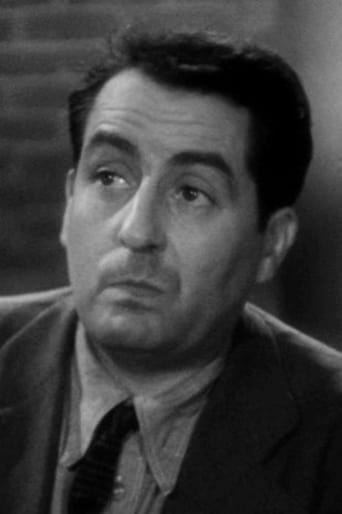ScoobyMint
Disappointment for a huge fan!
CommentsXp
Best movie ever!
Comwayon
A Disappointing Continuation
Zlatica
One of the worst ways to make a cult movie is to set out to make a cult movie.
grantss
Western Front, World War 1. Captain Boeldieu and Lt. Marechal are shot down and captured by the Germans. For them the war is over, it seems, but they have other plans.Interesting WW1 drama, written and directed by the famed French director Jean Renoir. Could be described as an anti-war drama, as it does not glamorize life in wartime at all. Quite original in that respect as most movies of the time (All Quiet On the Western Front would be another exception) romanticized war. Also quite novel for its time in that it shows life in a POW camp - it was only in the 50s and 60s that POW movies became popular (Stalag 17 and The Great Escape being the best examples).Not brilliant though, and hardly the classic I was expecting. The story isn't overly compelling nor profound and ends in fairly predictable fashion. Renoir's camerawork seems a bit amateurish at times, with jarring, clumsy panning shots. Some of the acting is a bit hammy, with Erich von Stroheim, as von Rauffenstein, to the fore.
classicsoncall
After viewing the film, I'm in a quandary as to why it has earned the reputation it has. About the only historical element that came across as accurate to me was the preference shown to officer prisoners of war, who were segregated from the general population of combat soldiers captured in battle. Beyond that, the story seemed almost farcical, what with the German Captain von Rauffenstein (Erich von Stroheim) expressing cordiality to the French captain and pilot he shot down. A later scene when he begs Captain Boeldieu (Pierre Fresnay) to halt in his escape attempt was even more ludicrous. If these examples were meant to convey some intended message about humanity in the midst of war it was totally lost on me. And the idea of prisoner soldiers dressing in drag to put on an entertainment show defied any kind of rationale I could come up with. Not to mention another question I had - where exactly would the prisoners have gotten all those flutes to irritate their German captors, or the pots and pans they came up with as an encore?I don't know, I must be missing something, and even the more enlightened positive reviews for the film fail to convince me that there's something of significance to be found here. Perhaps in time I'll give it another try, but for now I can only shake my head in wonder. For me, the term Grand Illusion carries an entirely different connotation now as it relates to the movie.
elvircorhodzic
LA GRANDE ILLUSION is one of the biggest accomplishment of French and world cinema. Anti-war theme is shown in a rather strange way. Senselessness of war is the essence. At a frivolous (human) and non-violent way emerged the war illusion. Human relations during the war, the loss of any meaning and value. This is a strange story about human relationships in a time of war.Prisoners of war camps. The camps in the war could be called hell on Earth. Here are just illusions. Renoir gives us a work of art that explores the depth and complexity of human relationships. One difficult and undesirable topics is presented with a lot of modesty and charm.In the film's social status is reduced to a minimum. The soldiers are essential and a little crazy. The relationship between prisoners and soldiers is almost friendly. Full of patience and respect. War is man's ultimate folly, for it brings him losses that are permanent, and victories that are pyrrhic and short lived.Scenography and acting are excellent. Watch Gabin (Lieutenant Maréchal) and Fresnay (Captain de Boeldieu) is a real pleasure. Erich von Stroheim (Captain - Major von Rauffenstein) is quite realistic figure and around him is spinning an illusion and absurdity of everyday life. Dita Parlo as Elsa appears briefly but leaves a strong impression. There are so many different and important characters who acting with a lot of freedom and creativity. Renoir reveals every aspect of his characters.This film is full of humanism, heroism, drama and adventure. All of these features are mixed in a war illusion in which is hard to believe, but it's very nice to see and feel. A little comedy of manners is welcome, romance also.Whether it is or not, the film tells us that men can act nobly, even when they are a part of something that is not itself noble. Mankind must rise from ruin. Unfortunately, to this day all is one La Grande Illusion.
cmccann-2
Released in 1937, Jean Renoir's Grand Illusion remains one of the most revered films of all time seventy five years onward. The story of a group of working class Francophones trying to escape imprisonment during the First World War, the picture has been praised both for its exceptional acting and craft and its driving humanist, anti-war themes. As someone taking in this Renoir classic for the first time, I can attest that the film holds up very well.Grand Illusion follows a company of working class French men imprisoned in a German POW camp during World War I. Amongst them the proletariat Parisian Marechal (Jean Gabin), the French Jew Rosenthal (Marcel Dalio), and a nameless engineer (Gaston Modot) - they are distinct from one another but share an understanding of the futility of the war they're fighting and a desire to escape. This futility is exemplified through the interactions between the Captain of the men, De Boeldieu (Pierre Fresnay), and the head of the German POW camp, Von Rauffenstein (Eric Von Stroheim), who are both aristocrats and share more common ground than the respective lower class men they represent.All of the elements of the film are at a higher tier of quality: the dialogue eloquently written, the performances subtle, the camera movements elegant (Renoir's camera has a way of artfully manoeuvring around rooms and dinner tables, following important characters as they talk and keep the plot moving forward). What truly makes Grand Illusion great though is not these formal elements but the larger statement they are in service of. Renoir was a writer with something to say, and from the scene where the French soldiers band together to put on a talent show to the final sequence where Marechal and Rosenthal are kindly taken in by a young German widow, he drives home his theme of the futility of war by highlighting the common humanity of people.In conclusion, Grand Illusion has aged remarkably well and remains one of the cinema's great masterpieces. Tied with Rules of the Game, it is Renoir's greatest work, and a must-see for anyone with a passing interest in cinema. It's a perfect example of what quality filmmaking is: high artistry in all compartments at the service of a simple but driving truth, in this case the "grand illusion" that war is something worth pursuing.



